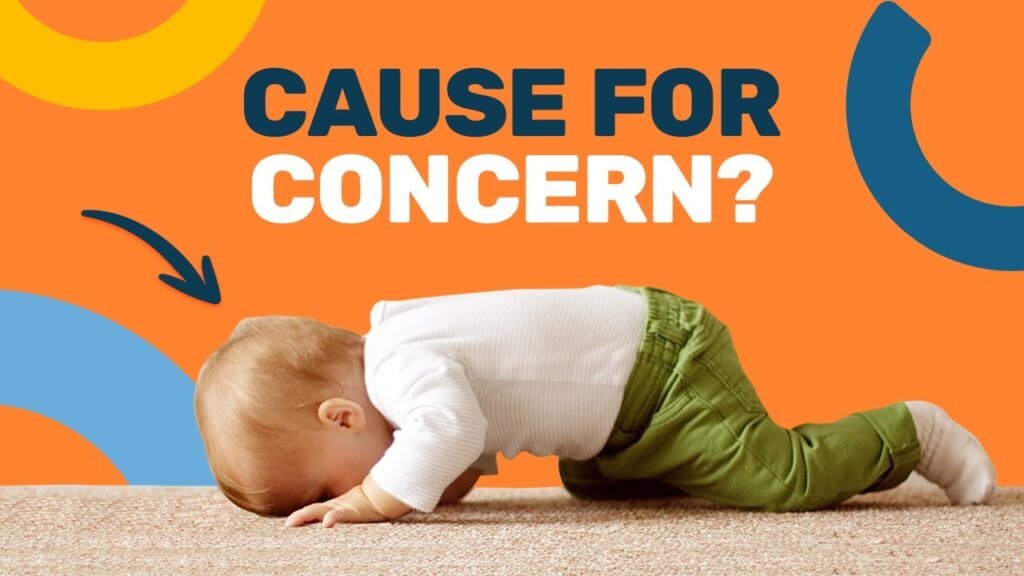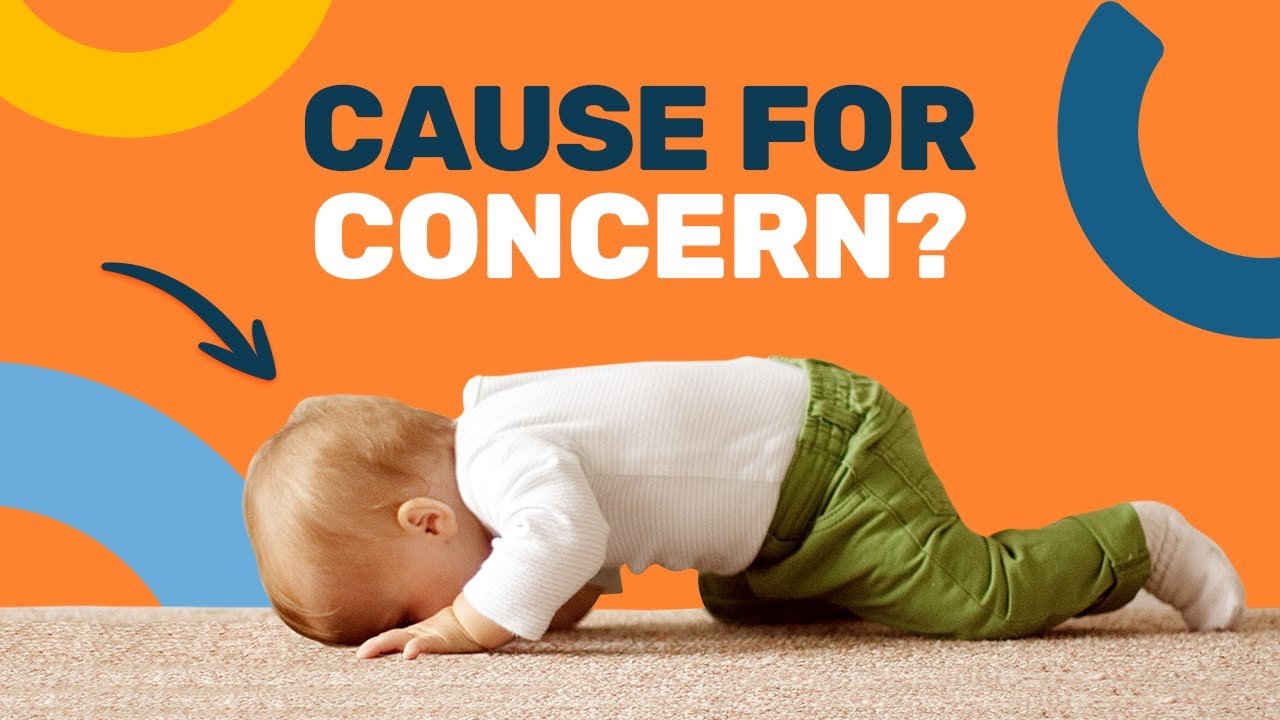If you’re a new parent, managing toddler behaviors can sometimes feel overwhelming. But rest assured, many of these behaviors are actually normal and nothing to worry about. Some common behaviors like head banging, refusal to wear clothing, mouthing non-food items, and self-exploration of private parts are all part of typical development in toddlers. It’s important to know when to seek further assessment for your child, but in most cases, these behaviors should decrease over time as your little one grows and learns to express themselves better.
Understanding why toddlers behave the way they do can help alleviate unnecessary worry and stress for parents. By setting boundaries, redirecting attention, and being patient, you can effectively manage challenging behaviors like tantrums or food refusal. Remember, each child is unique, and what works for one may not work for another. With the right guidance and support, you can navigate through these toddler behaviors with confidence and ease.

Understanding Toddler Behaviors
As a new parent, it’s common to feel stressed and overwhelmed by the various behaviors your toddler exhibits. These behaviors can range from head banging, refusal to wear clothing, mouthing non-food items, self-exploration of private parts, and more. However, it’s essential to understand that many of these behaviors are normal and part of your child’s development. Parents often worry unnecessarily when faced with these behaviors, but having knowledge about what is typical can help alleviate some of that stress.
Knowing when to seek further assessment for your child is crucial. While many behaviors are harmless and will resolve on their own, there are situations where professional guidance may be necessary. Being aware of the signs that indicate a need for intervention is vital for your child’s well-being.
Managing Specific Behaviors
Head Banging in Toddlers
Head banging in toddlers can be quite alarming for parents to witness. However, it’s essential to recognize that this behavior is relatively common among children. Head banging can be a way for toddlers to express frustration or serve as a soothing mechanism when they are overwhelmed. Understanding the triggers that lead to head banging can help parents address the underlying issues effectively.
While occasional head banging may not be a cause for concern, persistent and injurious head banging might require further evaluation by a healthcare professional. Seeking help from a speech pathologist or pediatrician can help identify any developmental issues that may be contributing to this behavior.
Refusal to Wear Clothing
Many toddlers exhibit a strong aversion to wearing clothing, preferring to be naked instead. While this behavior may seem typical, it could be a sign of sensory processing difficulties. Children with sensory sensitivities may find certain fabrics or clothing styles uncomfortable, leading to distress when getting dressed.
If your toddler displays extreme reactions to wearing clothes, such as prolonged tantrums, multiple outfit changes, or discomfort with specific textures, it may be beneficial to consult with an occupational therapist. Occupational therapists can assist in identifying sensory preferences and recommend clothing options that are more comfortable for your child.
Mouthing Non-Food Items
It’s common for babies to explore the world around them by putting objects in their mouth. This behavior usually decreases as children develop better fine motor skills and can manipulate items with their hands. However, persistent mouthing of non-food items beyond the age of 18 months may be a cause for concern.
Consulting with an occupational therapist can help determine if your child’s mouthing behavior is due to sensory processing needs or potential motor delays. Therapists can provide strategies to address these underlying issues and support your child’s development.
Self-Exploration of Private Parts
Toddlers often engage in self-exploration behavior, including touching or exploring their private parts. This behavior is a natural part of child development as children become curious about their bodies. While this behavior may surprise or embarrass parents, it’s important to respond calmly and redirect your child’s attention to appropriate activities.
Understanding that self-exploration is a normal phase in childhood development can help parents navigate this behavior with patience and guidance. Setting boundaries and redirecting attention can help manage and address any concerns related to self-exploration.
Parenting Strategies
Phrases to Rethink in Parenting
The way we communicate with our children significantly influences their behavior and development. Rethinking common phrases used in parenting can help foster positive relationships and promote healthy emotional growth in children. By practicing effective communication techniques, parents can create a nurturing environment that supports their child’s well-being.
Toddler’s Refusal to Eat New Foods
It’s not uncommon for toddlers to be picky eaters and refuse to try new foods. This behavior, known as food neophobia, is often a result of fear or aversion to unfamiliar foods. Overcoming this fear response requires patience and repeated exposure to new food items.
Parents should introduce new foods gradually and offer a variety of options to encourage exploration and acceptance. While it may take multiple attempts before a child warms up to a new food, it’s essential to remain persistent and provide a positive eating environment.
Preventing Tantrums in Toddlers
Tantrums are a common occurrence in toddlers and can be challenging for parents to manage. Understanding the triggers that lead to tantrums and employing preventive strategies can help reduce the frequency and intensity of these outbursts. Creating a structured routine, offering choices, and practicing positive discipline techniques can effectively prevent and address tantrums in toddlers.
Video with Tips on Parenting a Toddler
For additional guidance on parenting a toddler and managing challenging behaviors, consider watching informative videos that offer practical tips and strategies. These videos can provide valuable insights and techniques for handling common toddler behaviors and promoting positive parent-child interactions.
By actively engaging in the process of understanding and managing toddler behaviors, parents can create a supportive and nurturing environment that fosters their child’s growth and development. Remember that seeking professional advice when needed can ensure that your child receives the necessary support and interventions for optimal well-being.

